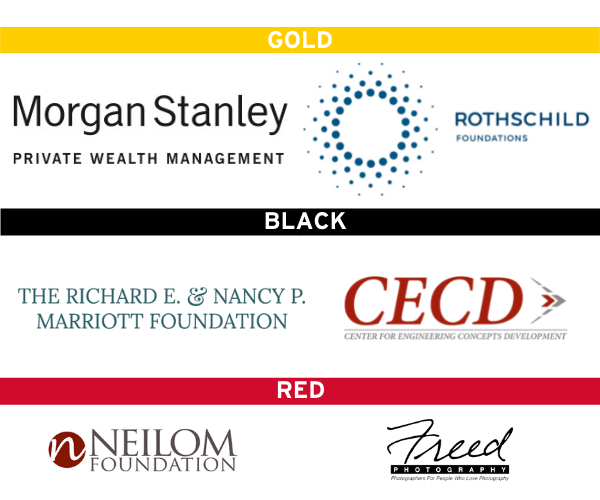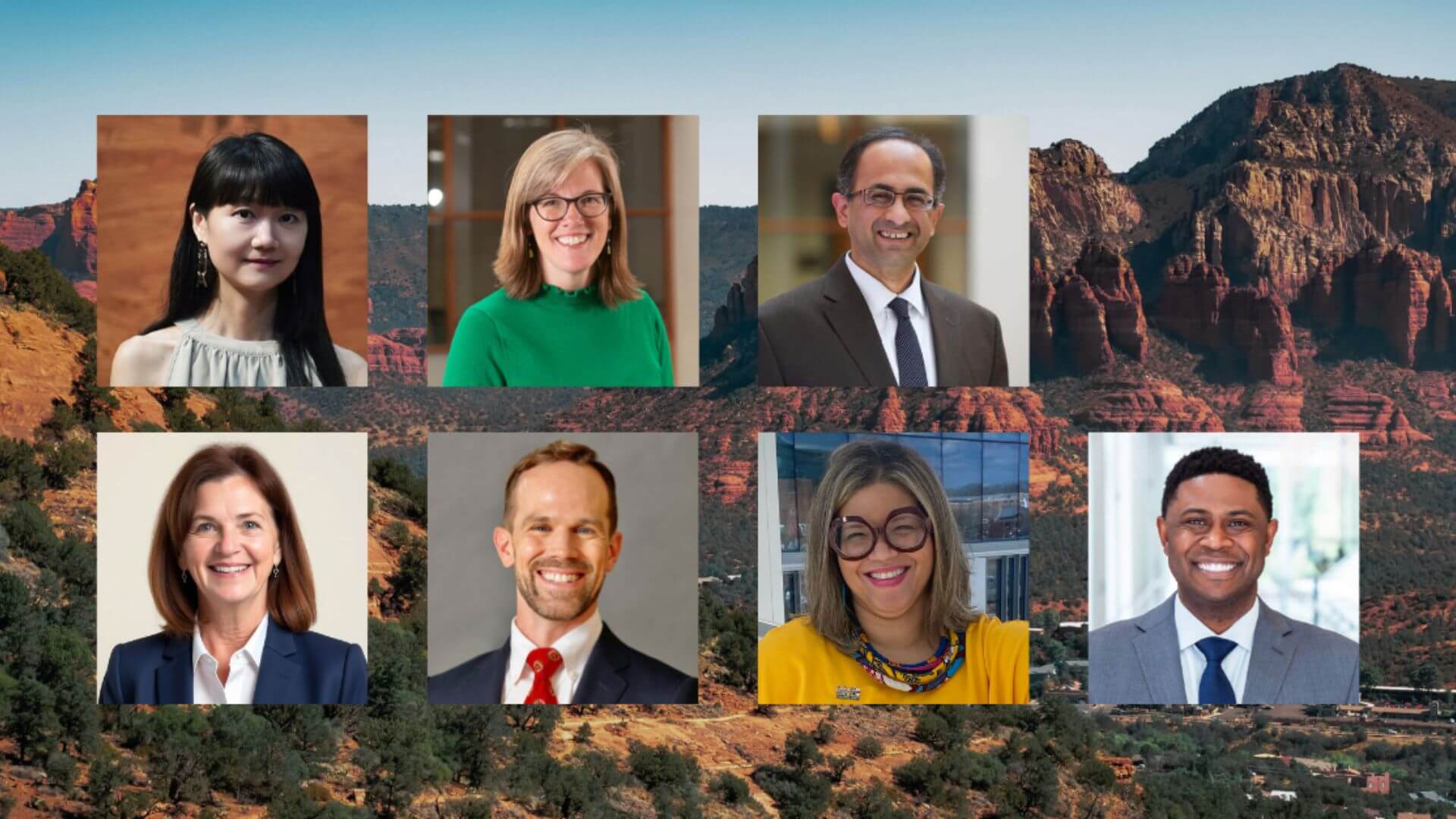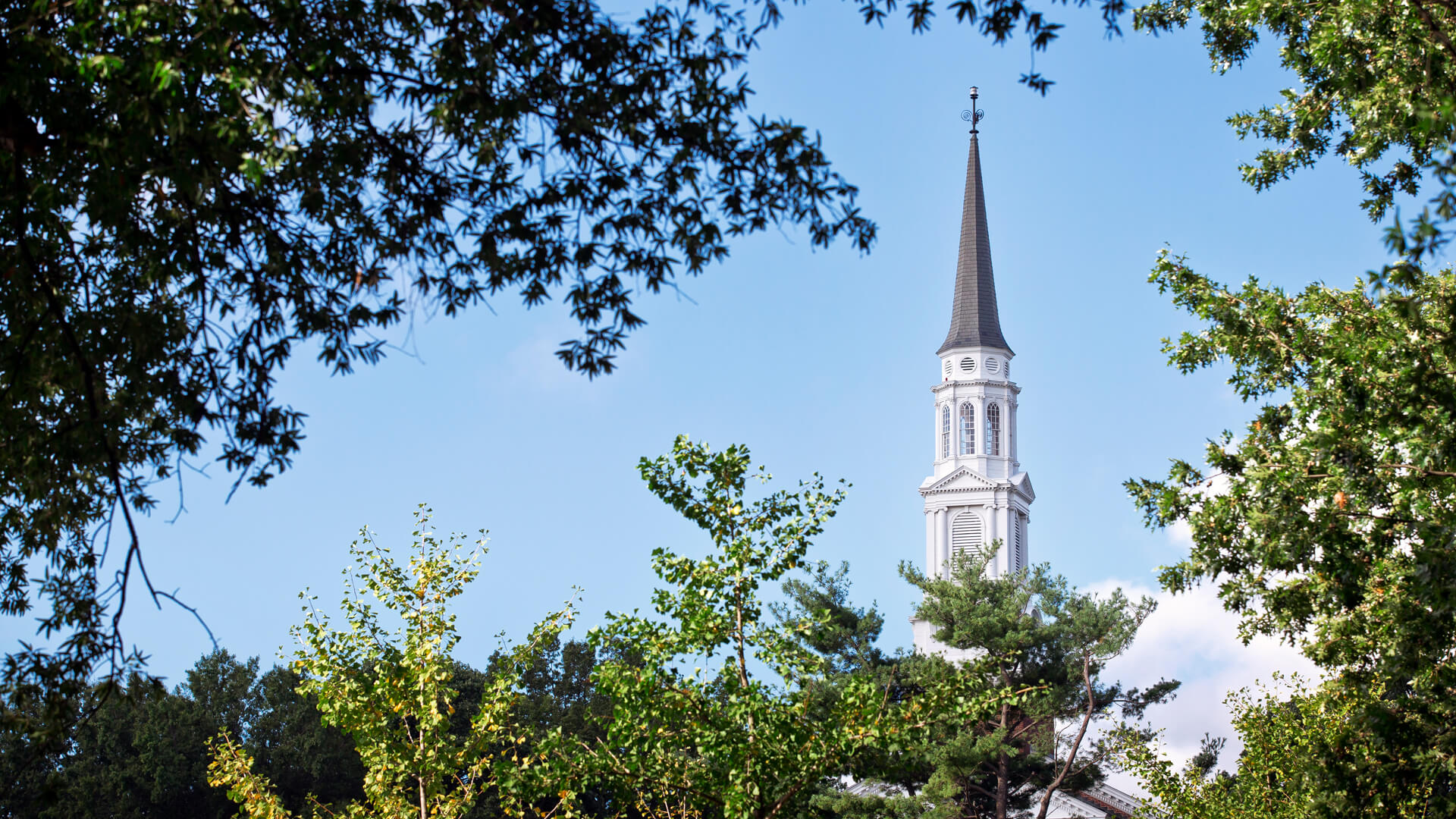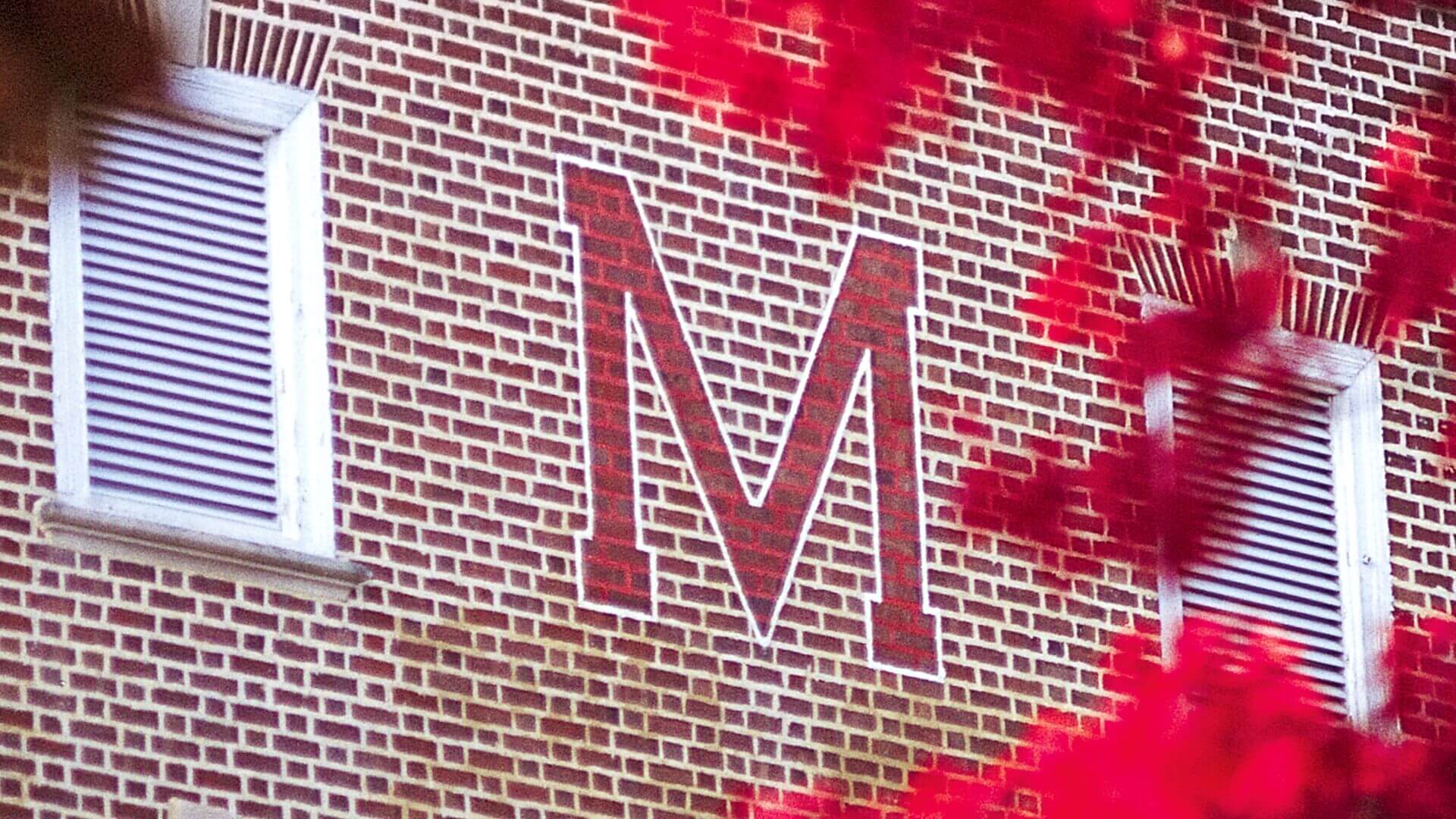With each challenge and barrier faced over the past two years, Terps from across campus have thought critically, rose to the occasion and proved to be changemakers. Today, the Do Good Institute is excited to announce the six finalists of this year’s Do Good Challenge. The student-led teams were selected from a highly competitive group of organizations who are taking action to address issues ranging from menstrual health advocacy and access to combating opioid overdoses to building children’s emotional intelligence foundation and so much more.
Teams include students from seven colleges and schools, including the College of Agriculture and Natural Resources, College of Behavioral and Social Sciences, College of Computer, Mathematical and Natural Sciences, Philip Merrill College of Journalism, Robert H. Smith School of Business, School of Public Health and School of Public Policy.
This year's Challenge Finals will be the 10th anniversary of the event; a celebration of all that has been accomplished in the last decade by student teams and a preview of the next decade of student innovators who are taking on humanity’s grand challenges. On April 21, finalists will take the stage at the Clarice Smith Performing Arts Center to compete for a share of more than $20,000 to further their project or venture. Meet our Finalist teams below:
Project-Track Teams
Combating Overdoses in Rural Areas (CORA) is a student-led nonprofit that provides opioid education, resources and harm-reduction support to rural communities. Founded at University of Maryland, CORA has 100+ members spanning eight chapters across the nation. Members have dedicated more than 5,000 hours of service; raised $10,000 to support their partner rural communities; provided educational materials to 2,000+ community members; and testified on multiple pieces of Maryland legislation.
- Umailla Fatima, College of Computer, Mathematical and Natural Sciences, School of Public Policy, Honors College (Integrated Life Sciences)
- Kevin Tu, College of Behavioral and Social Sciences; College of Computer, Mathematical and Natural Sciences; University Honors
- Eesha Bokil, Honors College (Integrated Life Sciences), College of Behavioral and Social Sciences, College of Computer, Mathematical and Natural Sciences, University Honors
- Cecilia Hu, College of Computer, Mathematical and Natural Sciences; Honors College (Integrated Life Sciences)
- Sanjit Sachdeva, College of Behavioral and Social Sciences; College of Computer, Mathematical and Natural Sciences; College Park Scholars (Life Sciences)
Get Ovary It engages in advocacy, outreach and service activities that support their vision of accessible and affordable menstrual health products, services and education as fundamental rights. In collaboration with the Student Government Association, Get Ovary It secured a $48,000 grant and successfully funded free menstrual product machines in 25 bathrooms on campus for the next three years. Their efforts started as a class project in Innovation and Social Change: Do Good Now and have been featured in a number of publications including The Washington Post’s The Lily and The Diamondback.
- Hope Kahn, Philip Merrill College of Journalism; School of Public Policy
- Zoe Weisberg, Robert H. Smith School of Business
Kesem at University of Maryland is one of the fastest growing student-led chapters across the nation that serves families impacted by cancer. Kesem at UMD provides year-long support including care packages, monthly calls and more to children ages 6-18 in the DMV area with the support of 80 community partners. Their flagship program is a free week-long summer camp that brings kids of similar circumstances together. Their 250+ student volunteers have dedicated an estimated 70,000 service hours to the cause. To date, they have raised $300,000 and supported 120 unique campers, with plans to host 100 kids at camp this summer.
- Esha Sunthankar, College of Behavioral and Social Sciences
- Kayla Whitlock, College of Behavioral and Social Sciences
- Nicolas Egan, College of Computer, Mathematical and Natural Sciences; Global Communities
- Talia Hartman, College of Computer, Mathematical and Natural Sciences
- Will Lee, School of Public Health
- Jacqueline Quinones, College of Agriculture and Natural Resources; College of Computer, Mathematical and Natural Sciences
Venture-Track Teams
North Star Creations was founded by Mat and Elaine Parsons to address the gaps in emotional intelligence development for pre-elementary school children. Their philosophy is simple: give every child the best opportunities to learn emotional intelligence and empathy. In five months, they have brought in $8,200+ in sales with products reaching 450 children, and donated products to 250 teachers, reaching 4,500 children. They continue to grow their community partnerships with organizations like National Alliance of Mental Illness, Hope For Henry and Toys for Tots.
- Mathew Parsons, Robert H. Smith School of Business
- Elaine Parsons, co-founder
TeleShadowing is a virtual shadowing program open to all pre-health students from the undergraduate, post-baccalaureate and high school levels. As clinical shadowing opportunities have become limited because of the ongoing pandemic, TeleShadowing extends shadowing opportunities to students across the globe. 5,000+ students in more than 30 countries from 200 different universities have registered, and more than 250 students highlighted their TeleShadowing experience as a key part of their professional applications, with that number expected to grow as their reach expands. Since February 2021, the organization has provided 55 shadowing sessions for students.
- Minahil Cheema, College of Computer, Mathematical and Natural Sciences; School of Public Policy; University Honors
- Abeni (Amira) Kazi, College of Computer, Mathematical and Natural Sciences
- Raneem Megahed, College of Computer, Mathematical and Natural Sciences
- Aamna Cheema, incoming UMD freshman (fall ‘22)
Vitalize is building the first clinician-centric mobile mental health app and web-based dashboard for hospital leadership. Vitalize has developed a library of 100+ mindfulness meditations addressing the unique challenges of working in healthcare; published initial peer-reviewed research to support its product development process; and raised $70,000 in non-dilutive funding. Vitalize conducted interviews with 150+ clinicians and hospital administrators to launch a successful beta product that is being tested by 100+ clinicians, with interest from other companies such as CareTech, which could reach more than 11,000 social workers.
- Sanketh Andhavarapu, College of Computer, Mathematical and Natural Sciences; Robert H. Smith School of Business; University Honors
- Veeraj Shah '21, School of Public Health; College of Computer, Mathematical and Natural Sciences
Register for the 2022 Do Good Challenge here. Learn more about the annual pitch competition and the 10th anniversary celebration at our Challenge Hub at dogood.umd.edu/challenge22.
The Do Good Institute and its Do Good Challenge are made possible by the support and commitment of our dedicated partners, donors and community. A special thank you to Morgan Stanley for its decade-long sponsorship and to The Rothschild Foundations for its transformative partnership.




